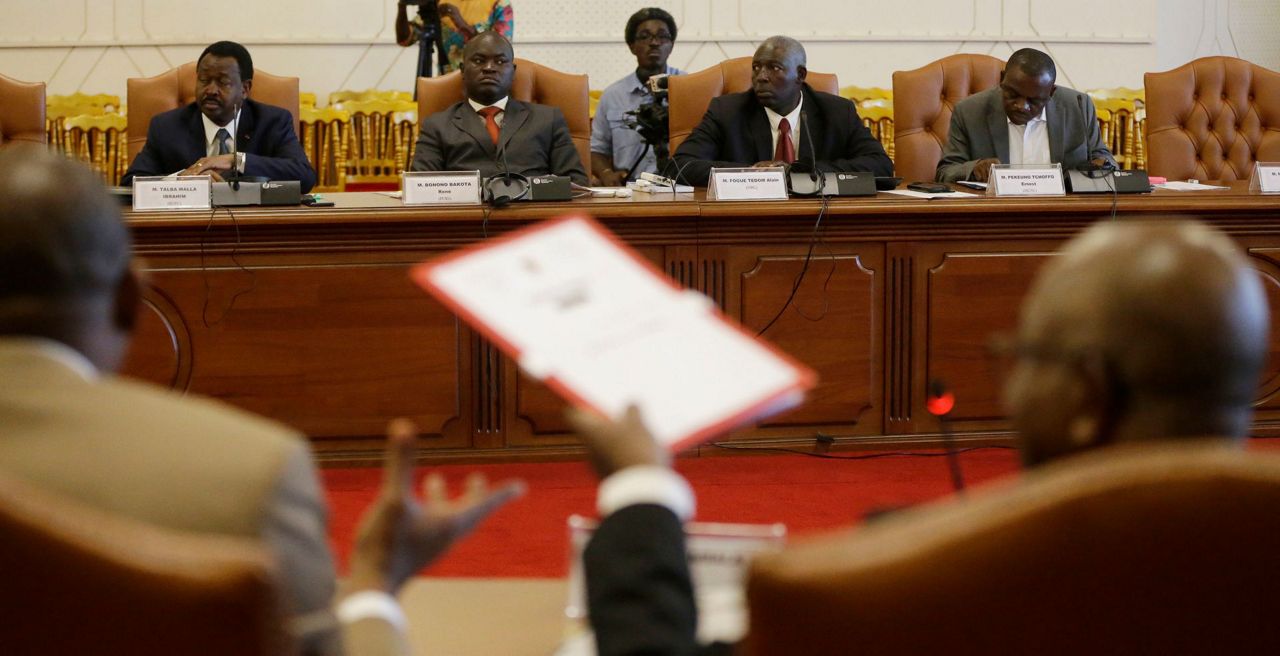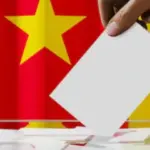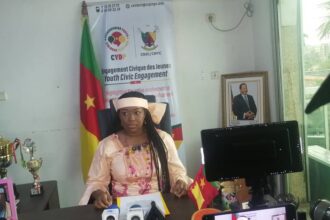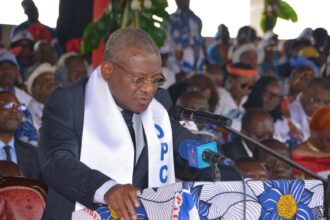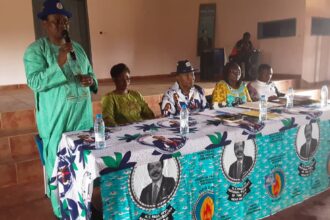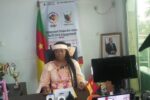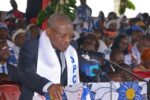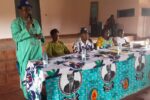Yaoundé, Cameroon – July 26, 2025 – As Cameroon moves deeper into 2025, the nation’s political landscape is increasingly dominated by the upcoming presidential election, slated for October 12th. The most significant development in recent weeks has been the official announcement by 92-year-old President Paul Biya of his intention to seek an eighth term in office. This declaration, made on July 14th, has set the stage for a highly anticipated and potentially contentious electoral cycle.
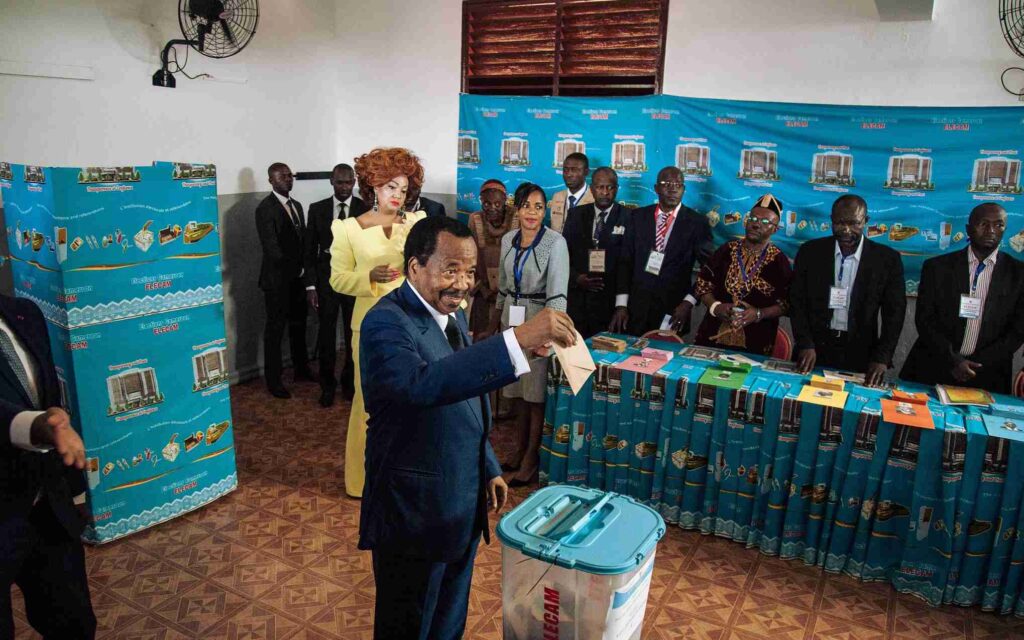
President Biya, who has been at the helm since 1982, is currently the world’s oldest serving head of state. His decision to run again, while not entirely unexpected, has sparked varied reactions across the country. Supporters point to his long-standing leadership and the relative stability Cameroon has enjoyed under his tenure, along with his administration’s efforts to attract foreign investment. However, a growing chorus of voices, including leaders from the Catholic Church and civil society, are calling for a transition of power, emphasizing the need for new leadership and succession planning.
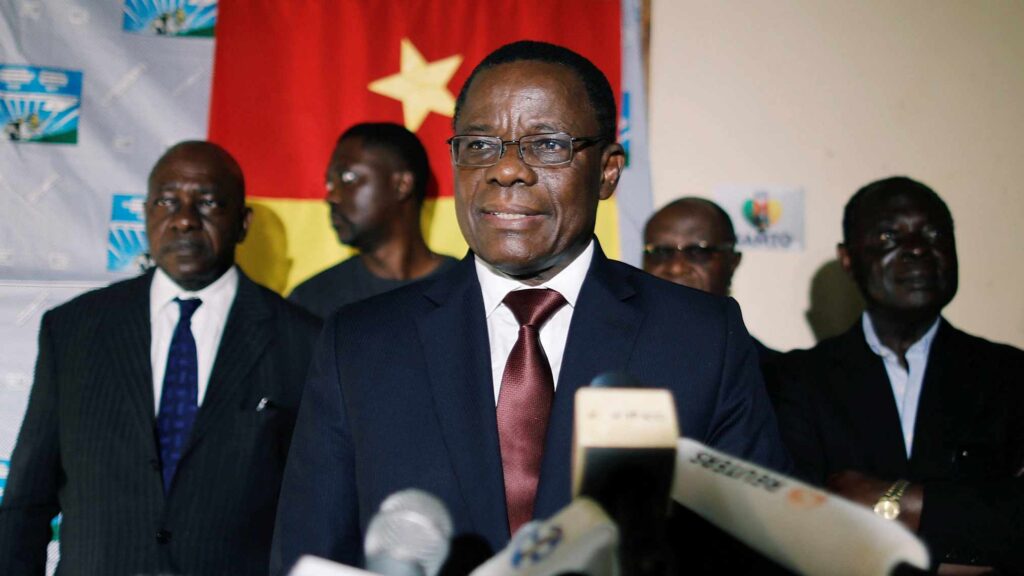
The political dynamics leading up to the election are complex. The ruling Cameroon People’s Democratic Movement (CPDM) has historically been a formidable force, but there are signs of internal strain. Notably, two experienced ministers from the northern regions, Issa Tchiroma Bakary and Bello Bouba Maïgari, have withdrawn from the Presidential Majority alliance, citing frustration with insecurity and poverty in their regions, and have announced their own candidacies. This marks a rare public divergence within the long-loyal coalition.
Meanwhile, the opposition is attempting to unify its efforts. Over thirty opposition parties have reportedly allied to back a single candidate, Maurice Kamto, in a bid to overcome Cameroon’s first-past-the-post electoral system, which has historically favored the incumbent. However, concerns persist about the fairness and transparency of the electoral process, with calls for international and domestic observers to ensure a level playing field.

